15 Heart Healthy Foods
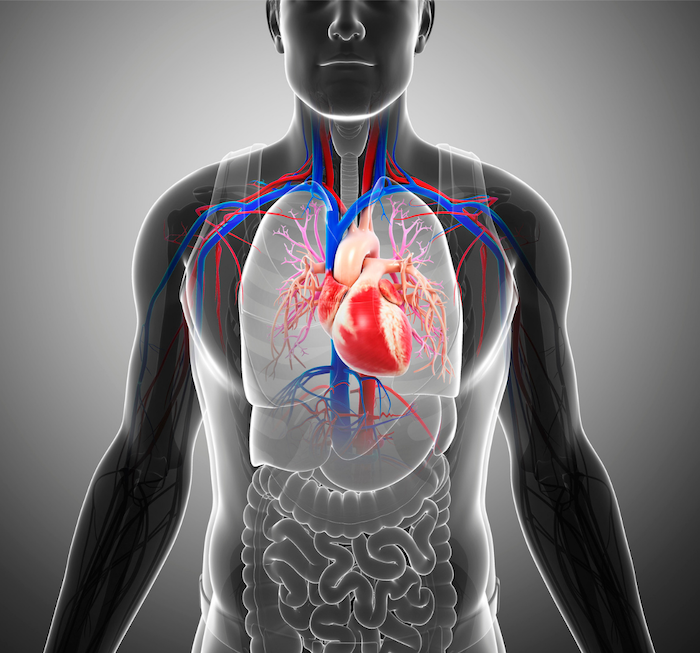 Heart disease accounts for nearly one-third of all deaths worldwide. And experts estimate that about 80% of these deaths are preventable. (1, 58)
Heart disease accounts for nearly one-third of all deaths worldwide. And experts estimate that about 80% of these deaths are preventable. (1, 58)
One major variable is exercise. But when it comes to heart health, diet is also a crucial factor.
The meals you consume can have a significant impact on your blood pressure, triglycerides, cholesterol levels, and inflammation – all of which are risk factors for heart disease.
So that you can help protect your heart, we wanted to highlight 15 foods that are amazing for heart health!
1. Leafy green vegetables
Leafy green vegetables are a great source of vitamins, minerals, and antioxidants. Spinach, kale, and collard greens are some of the most well known leafy green vegetables.
In particular, they’re a great source of vitamin K, which helps protect your arteries and promote proper blood clotting. (2)
These vegetables are also high in dietary nitrates, which have been shown to reduce blood pressure, decrease arterial stiffness, and improve the function of cells lining the blood vessels. (3)
Several studies have found that eating more leafy green vegetables can help reduce your risk of heart disease. (4, 5)
2. Whole grains
Whole grains include all three nutrient-rich parts of the grain:
- Germ
- Endosperm
- Bran
Common types of whole grains include:
- Whole wheat
- Brown rice
- Oats
- Rye
- Barley
- Buckwheat
- Quinoa
Refined carbohydrates – such as white flour, white bread, white rice, pastries, sodas, snacks, pasta, sweets, breakfast cereals, and added sugars – can increase the risk of coronary heart disease. On the other hand, whole grains may help protect your heart. Eating 1 or 2 servings of these foods each day could decrease your risk by 10 to 20 percent. (6)
Multiple studies have found that including more whole grains in your diet can benefit your heart health.
One large analysis concluded that eating three more servings of whole grains daily was associated with a 22% lower risk of heart disease. (7)
If you want to prevent or manage hypertension, it’s a good idea to eat a lot of plant-based foods, whole grains, low fat dairy products, and only a moderate amount of sodium. (8)
Whole grains, just like all other foods, have various methods of preservation. When buying whole grains, be sure to read the ingredient label thoroughly. Words such as “whole grain,” “wheat flour,” or “multigrain” indicate a whole grain product. However, phrases such as “wheat flour” or “single grain” may not.
3. Berries
Strawberries, blueberries, blackberries, and raspberries are jam-packed with vital nutrients that are essential for heart health.
Berries are also high in antioxidants, such as anthocyanins, which protect against oxidative stress and inflammation. (9)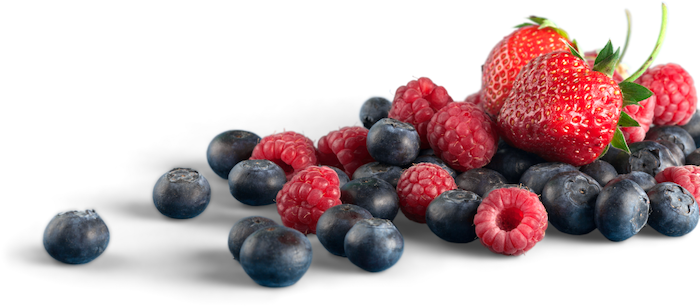
Berries have been found to help lower the risk of heart disease by reducing several cardiac risk factors.
For example, one study involving 33 people with obesity showed that eating two and a half cups of strawberries per day for four weeks substantially reduced insulin resistance and LDL (bad) cholesterol. (10)
Other research has found that eating blueberries on a daily basis can improve the function of cells that line blood vessels, which regulate blood pressure and clotting. (11)
Additionally, a review of 22 studies revealed that consuming berries was linked to decreases in LDL (bad) cholesterol, systolic blood pressure, body mass index, and several inflammation markers. (12)
Berries may be eaten as a nutritious snack or an exquisite low-calorie dessert. To take advantage of their distinct health advantages, try experimenting with a few different kinds.
4. Avocados
Avocados are high in monounsaturated fats, which have been linked to decreased cholesterol and heart disease. (13)
In one study, researchers tested the effects of three cholesterol-lowering diets in 45 participants. One group consumed an avocado per day. This avocado group experienced reductions in LDL (bad) cholesterol, which is believed to greatly decrease the risk of heart disease. (14)
Avocado’s cholesterol-lowering and cardio protective properties have been demonstrated in several studies. (15)
Avocados are high in potassium, a nutrient essential to cardiovascular health. One avocado has 975 milligrams of potassium, which is approximately 28% of the daily recommended intake. (16)
At least 4.7 grams of potassium each day can decrease blood pressure by an average of 8.0/4.1 mmHg, which is linked to a 15% decreased risk of stroke. (17)
5. Fatty fish and fish oil
Fatty fish, such as salmon, mackerel, sardines, and tuna are high in omega-3 fatty acids, which have been researched extensively for their heart health benefits.
Omega-3 fatty acids found in fatty fish may have a protective effect against heart disease and may lower the risk of heart issues, including arrhythmias. (18)
Further research has indicated that eating fish on a daily basis is linked to lower levels of total cholesterol, blood triglycerides, fasting blood sugar, and systolic blood pressure.
Cardiovascular disease, depression, and mortality are all also linked to decreased fish consumption, according to research. (19)
If you don’t eat much fish, fish oil is a good alternative for obtaining your daily omega-3 fatty acid dosage.
Blood triglycerides, arterial function, and blood pressure have all been shown to be decreased by omega-3 fatty acid supplements. (20)
Other omega-3 sources, such as krill oil and algal oil, are also popular choices.
 6. Walnuts
6. Walnuts
Walnuts are high in fiber and micronutrients including magnesium, copper, and manganese. (21)
According to research, eating a few servings of walnuts each day may protect against heart disease.
For some tree nuts, evidence for heart disease prevention is quite convincing. This is particularly true for walnuts. (22)
A 2009 study of 365 people found that walnut consumption helped reduce LDL (bad) cholesterol, along with total cholesterol. (23)
Several studies have also discovered that eating walnuts on a daily basis is linked to a decreased risk of heart disease. (24, 25)
7. Beans
Beans contain resistant starch, which is fermented by the beneficial bacteria in your gut. Resistant starch has the potential to exert a healthy impact on the gut and certain members of the gut’s microbiota (26)
Beans have also been linked to a decreased risk of heart disease in several studies. For example, eating pinto beans reduced blood triglycerides and LDL (bad) cholesterol in a 2007 study. (27)
Additionally, a review of 26 studies concluded that a diet high in beans and legumes resulted in significantly lower levels of LDL (bad) cholesterol. (28)
Furthermore, beans have been linked to lower blood pressure and inflammation, both of which are risk factors for heart disease. (29)
8. Dark chocolate
Dark chocolate is high in antioxidants, including flavonoids, which may aid heart health.
Chocolate has been linked to a decreased risk of heart disease in several studies.
According to research, chocolate consumption in moderation (less than 6 portions of chocolate a week) may reduce your chance of developing heart disease, stroke, and diabetes. (30)
Keep in mind that these studies show a link, but they don’t take into account any other variables that may be involved.
Some chocolate may contain hydrogenated fat, which has been shown to be harmful to your health. Furthermore, chocolate can be high in sugar and calories, which may negate many of its health benefits.
Make the most of the heart-healthy advantages of dark chocolate by selecting a high-quality chocolate with a minimum cocoa content of 70%. Limit your intake to get the most out of it.
9. Tomatoes
Tomatoes are high in lycopene, a natural plant pigment with antioxidant capabilities. (31)
Antioxidants neutralize destructive free radicals, preventing oxidative damage and inflammation, both of which can lead to heart disease.
Low levels of lycopene are linked to an increased risk of heart attack and stroke. (32, 33)
Tomato products and lycopene supplementation have beneficial effects on blood lipids, blood pressure, and endothelial function. (34)
In a sample of 50 women who were overweight, eating two raw tomatoes four times per week was found to raise HDL (good) cholesterol levels. (35)
Higher HDL (good) cholesterol levels may assist in removing extra cholesterol and plaque from the arteries, which can help your heart stay healthy and help prevent heart disease and stroke. (36)
10. Almonds
Almonds are incredibly nutrient-dense, boasting a long list of vitamins and minerals that are crucial to heart health.
They’re also a reliable source of heart-healthy monounsaturated fats and fiber, two critical nutrients that help to prevent heart disease. (37)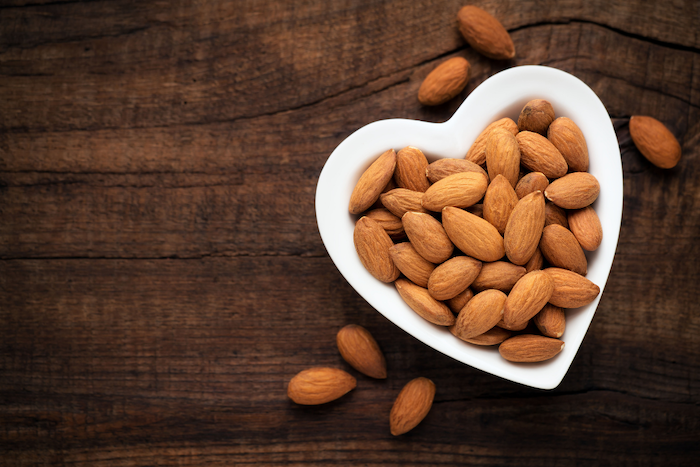
According to studies, consuming almonds may also help to lower your cholesterol levels.
Eating 1.5 ounces (43 grams) of almonds daily for 6 weeks in one trial involving 48 participants with high cholesterol lowered belly fat and LDL (bad) cholesterol, two risk factors for heart disease. (38)
Almonds are also linked to higher levels of HDL (good) cholesterol, which can assist in reducing plaque build-up and keep your arteries unobstructed. (39, 40)
While almonds are high in nutrients, they are also rich in calories. If you’re trying to reduce or manage your weight, remember to measure your servings and restrict your intake.
11. Seeds
Chia seeds, flaxseeds, and hemp seeds are all high in heart-healthy nutrients including fiber and omega-3 fatty acids.
Adding these seeds to your diet has been shown in numerous studies to lower heart disease risk factors, including inflammation, blood pressure, cholesterol, and triglycerides.
Hemp seeds, for example, are high in arginine, an amino acid that has been linked to lower levels of inflammatory markers in the blood. (41)
Flaxseed can also assist in maintaining good blood pressure and cholesterol levels. On top of that, flaxseed has been shown in studies to decrease the incidence of heart disease and cancer, as well as assist with other maladies such as gastrointestinal health and diabetes. (42)
Chia seeds are also a wonderful heart-healthy food option. Although more studies are needed regarding the impact of chia seeds on human heart health, one study in rats revealed that consuming chia seeds reduced triglyceride levels and increased HDL (good) cholesterol levels. (43)
12. Garlic
Garlic has been used medicinally for centuries.
It has long been recognized for its health-giving properties, and recent studies have confirmed garlic’s powerful therapeutic effects as well as indicating that it may lower the risk of heart disease.
Allicin is a compound found in garlic that has antibiotic, anti-inflammatory, and antifungal properties. This is thought to be one of the main reasons it has so many positive effects on human health. (44)
In one study, garlic extract at 600–1,500 mg daily for 24 weeks proved to be as effective as conventional treatments in reducing blood pressure. (45)
In an analysis of 39 studies, garlic was found to lower total cholesterol by an average of 17 mg/dL and LDL (bad) cholesterol by 9 mg/dL in individuals with high cholesterol. (46)
Garlic extract has also been found to lower the risk of blood clots and stroke in several studies. (47)
Garlic should be finely chopped, grated, or crushed before being cooked. Garlic that has been chopped and allowed to rest for a few minutes forms allicin, which enhances the garlic’s potential health advantages.
13. Olive oil
Olive oil is a mainstay in the Mediterranean diet, and its heart-protective properties have been extensively studied.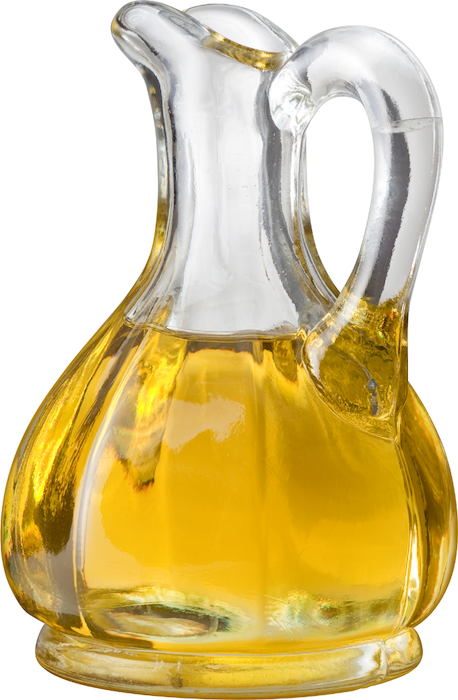
Olive oil is high in antioxidants, which can help to decrease inflammation and promote optimal health. (48)
It’s also high in monounsaturated fatty acids, which researchers have linked to improved heart health.
One study involving 7,216 people at risk for heart disease reported that those who consumed the most olive oil had a 35% lower chance of developing heart disease.
Furthermore, a greater olive oil intake was linked to a 48% reduced risk of dying from heart disease. (49)
High in oleic acid and antioxidants, olive oil has been found to be beneficial in the treatment of hypertension. (50)
Olive oil is a wonderful alternative to butter or margarine in all types of dishes. Drizzle it over cooked foods or use it as a thickener in vinaigrettes and sauces.
14. Edamame
Edamame is a type of soybean that is still developing when it is picked. It’s used in many recipes, including sushi and salads.
Similar to other soy products, edamame is high in soy isoflavones, a kind of flavonoid that may help reduce cholesterol and heart disease.
Adding soy protein to your diet may help you reduce your risk of cardiovascular disease by lowering blood pressure and cholesterol levels. (51)
Even somewhat lowering your cholesterol levels can have a significant impact on your risk of heart disease, according to researchers. One study revealed that adding 30 grams of soy protein to a lipid-lowering diet reduced participants’ blood lipids, decreasing their risk of heart disease. (52)
As well as being a rich source of isoflavones, edamame contains other heart-healthy components, including dietary fiber and antioxidants. (53, 54)
15. Green tea
Green tea has been linked to a number of health advantages, including greater fat burning and improved insulin sensitivity. (55)
It also includes plenty of antioxidants, including polyphenols and catechins, which can help prevent cell damage, inflammation, and heart health deterioration.
After 6 weeks of treatment, green tea extract significantly increased leptin and decreased LDL (bad) cholesterol in women with obesity, according to one study. Despite this, other biochemical parameters concerning weight were unchanged. (56)
Green tea extract was also shown in several studies to lower blood pressure, triglycerides, LDL (bad) and total cholesterol when taken for 3 months as opposed to a placebo. (57)
Taking a green tea supplement or drinking matcha, which is made from the entire tea leaf and has similar health effects to green tea, may also help heart health.
Protecting your heart
As new evidence emerges, the relationship between diet and heart disease becomes more obvious.
What you eat has a significant impact on virtually every aspect of heart health, from blood pressure and inflammation to cholesterol levels and triglycerides.
Include these heart-healthy foods in your regular diet to help keep your heart healthy while reducing your risk of developing heart disease.
Another well known way of protecting the heart is supplementing with vitamin D.
This is because there is a strong connection between low vitamin D levels and an increased risk of heart issues.
But a concern that has been raised is that too much vitamin D may lead to blood vessel calcification. 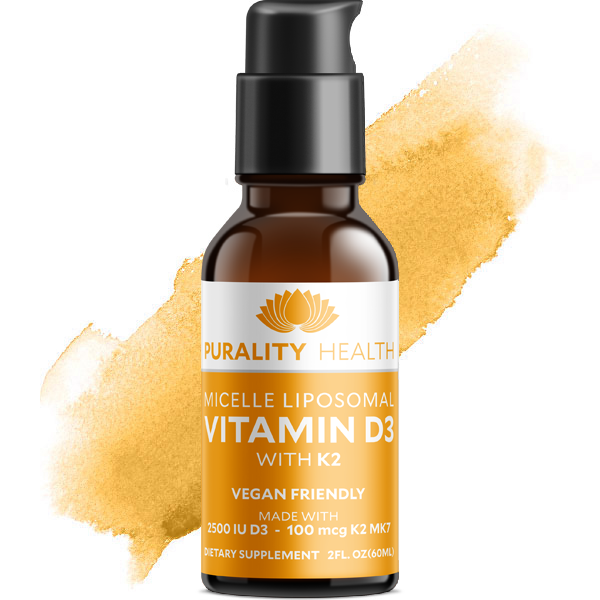
This is when calcium builds up on the interior walls of blood vessels and veins, blocking them.
There’s good news, though…
Vitamin K helps prevent this by regulating calcium in the body.
It sends calcium to the places it’s needed, such as the bones and teeth, so that it doesn’t build up in places it shouldn’t be, like blood vessels and soft tissue.
This is why we include vitamin K2 in our vitamin D formula.
All in a highly absorbable form.
To learn more about this, CLICK HERE.



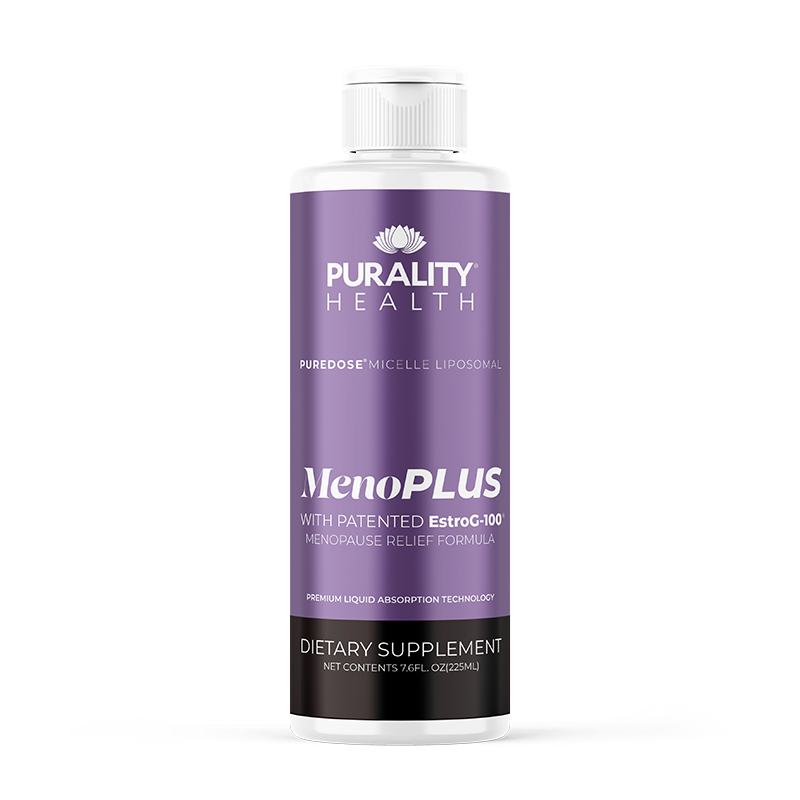
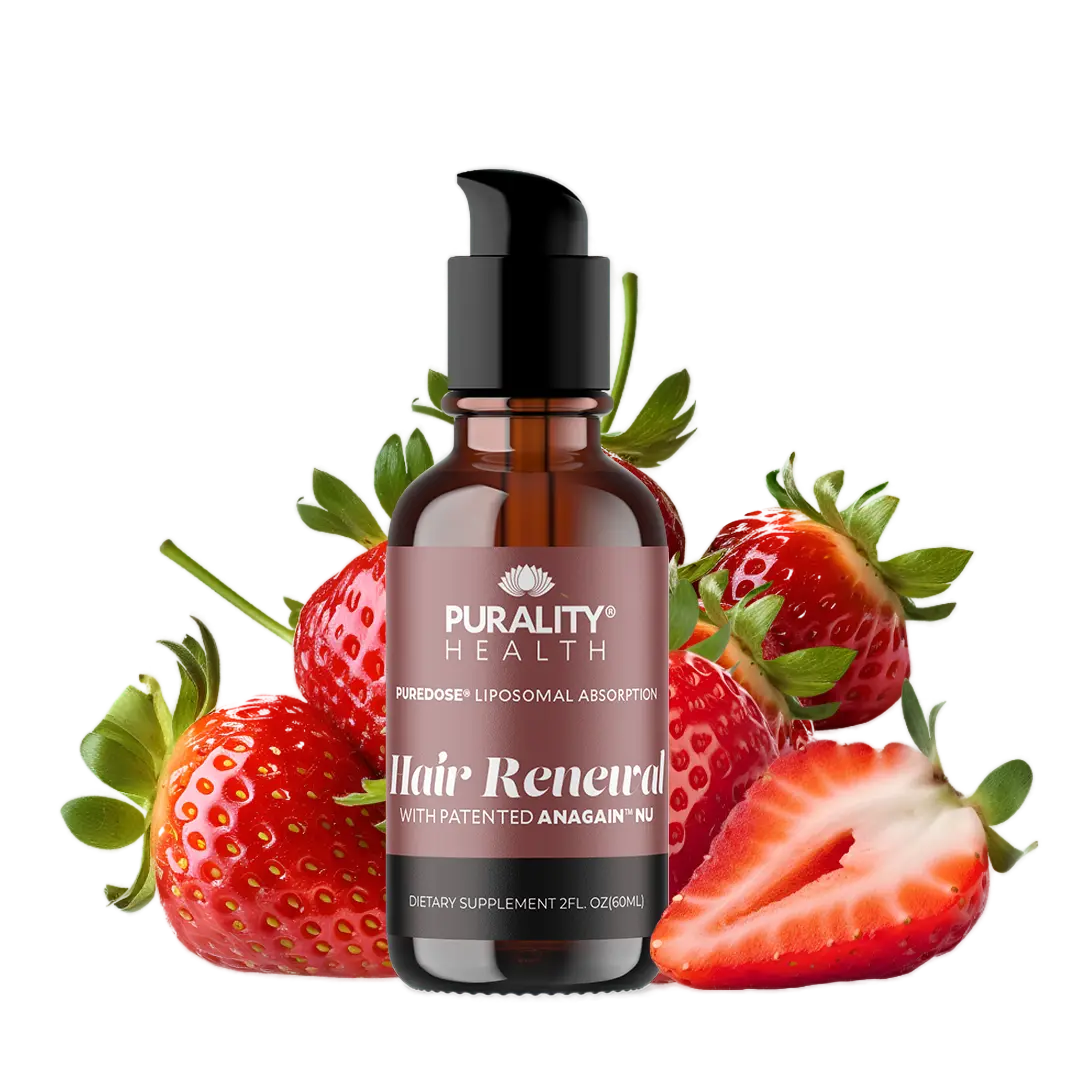
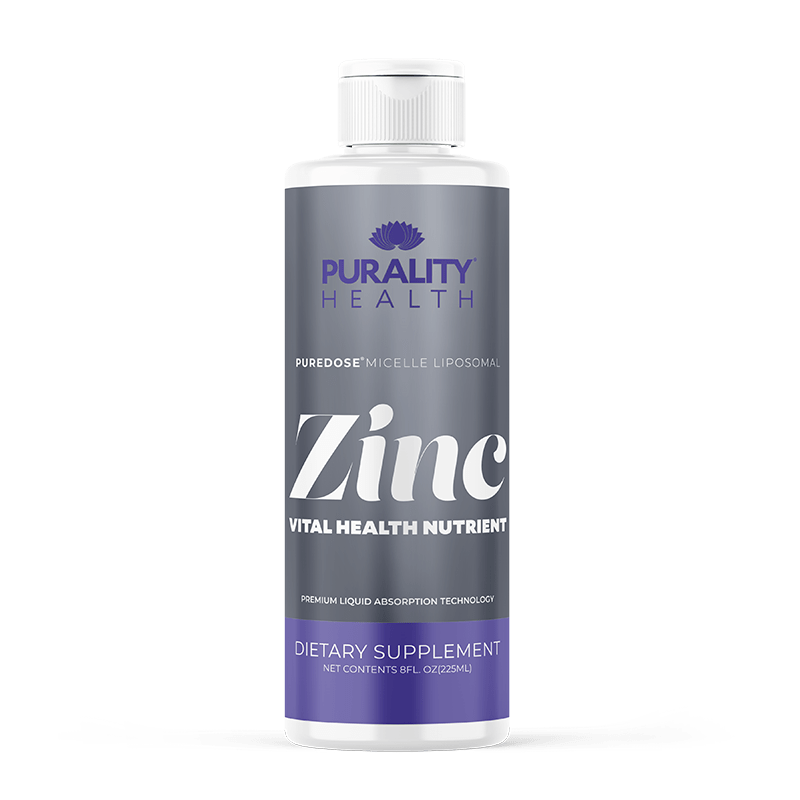
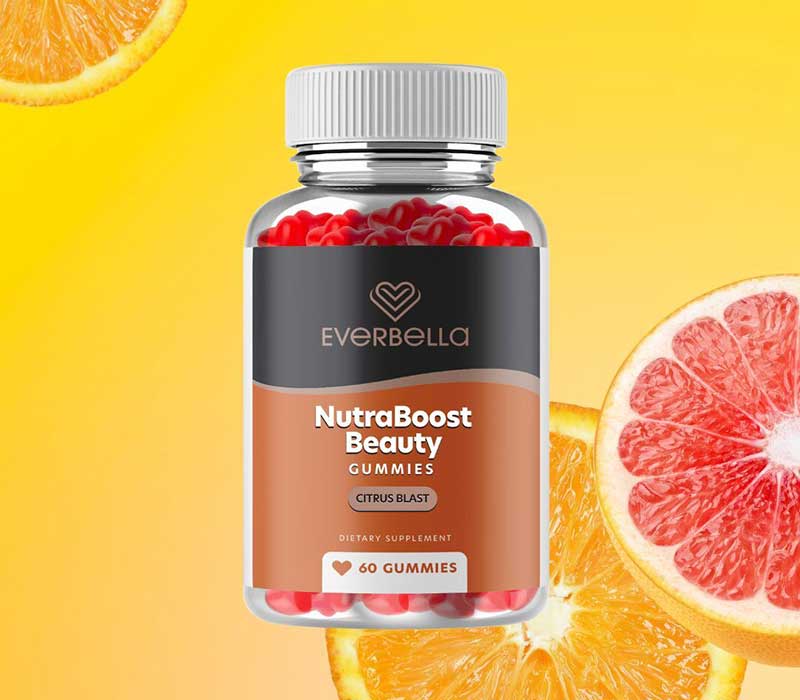
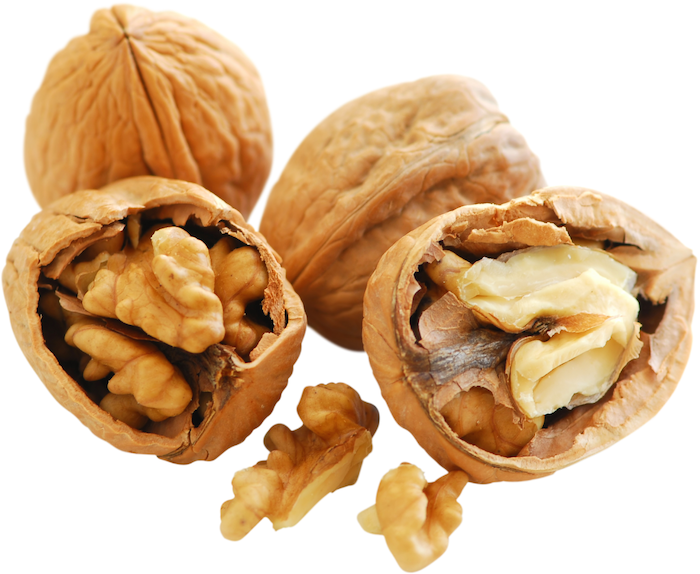 6. Walnuts
6. Walnuts